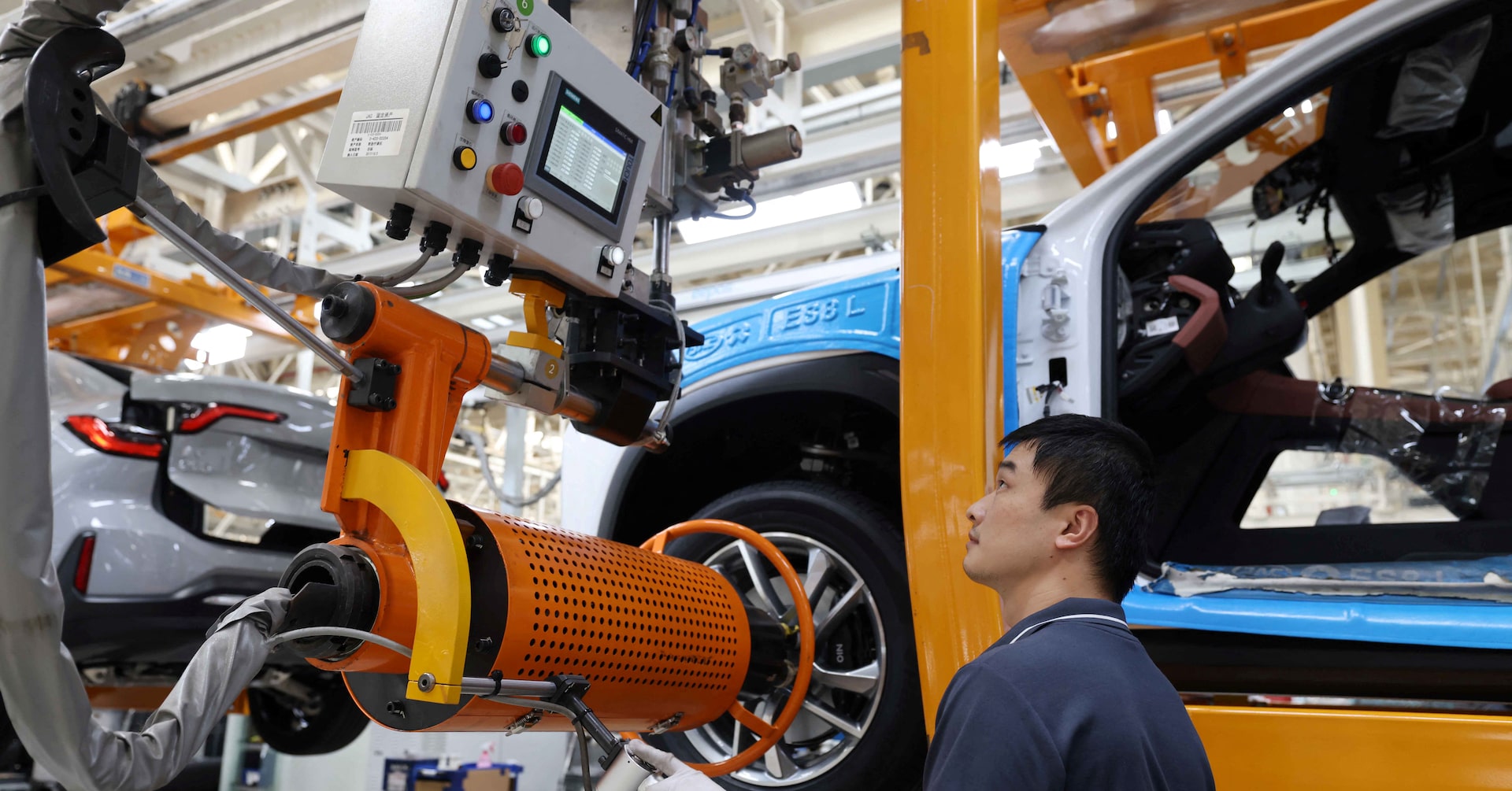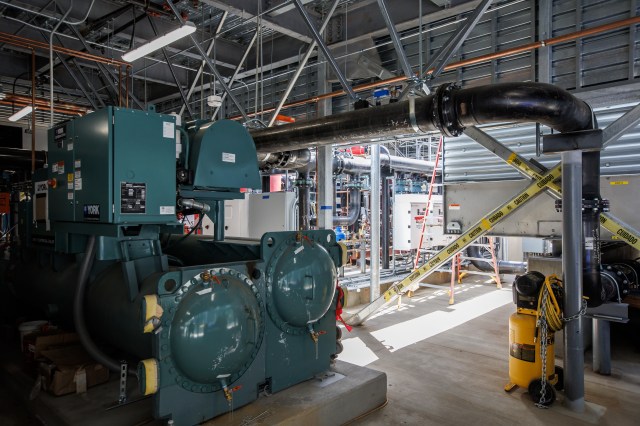Manufacturing Powerhouse at Risk: North Carolina's Economic Crown Hangs in the Balance
Manufacturing
2025-04-01 17:00:00Content
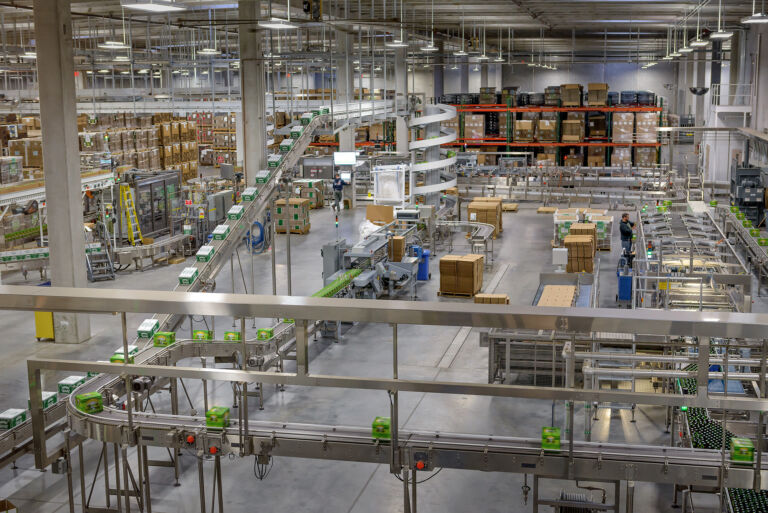
Manufacturing stands as a cornerstone of North Carolina's economic landscape, driving growth and providing substantial employment opportunities across the state. With an impressive contribution of over 13% to the state's Gross Domestic Product (GDP), the manufacturing sector has established itself as a critical pillar of North Carolina's economic strength. More remarkably, this vibrant industry supports the livelihoods of approximately 467,000 North Carolinians, representing nearly 10% of the state's entire workforce.
These numbers not only underscore the sector's economic significance but also highlight the crucial role manufacturing plays in creating stable, well-paying jobs for residents throughout the state. From advanced technology and automotive components to textiles and food processing, North Carolina's manufacturing ecosystem demonstrates remarkable diversity and resilience, positioning the state as a key player in the national industrial landscape.
The Industrial Backbone: How Manufacturing Drives North Carolina's Economic Prosperity
In the heart of the American South, North Carolina stands as a testament to industrial resilience and economic innovation. The state's manufacturing sector emerges as a critical powerhouse, weaving together technological advancement, workforce development, and economic sustainability into a complex tapestry of economic opportunity.Transforming Industries, Empowering Communities
The Economic Landscape of Manufacturing
North Carolina's manufacturing ecosystem represents far more than mere industrial production. It is a dynamic network of innovation, skill, and economic potential that extends deep into the state's economic infrastructure. The sector's significance transcends traditional manufacturing paradigms, integrating advanced technologies, precision engineering, and strategic economic development. Manufacturing in North Carolina has evolved from traditional textile and furniture production to sophisticated high-tech industries. Cutting-edge sectors like biotechnology, aerospace, and advanced materials have transformed the state's industrial profile, creating high-value employment opportunities and attracting significant investment.Workforce Dynamics and Employment Transformation
The manufacturing workforce in North Carolina represents a sophisticated blend of technical expertise and adaptable skills. With approximately 467,000 professionals employed across various industrial domains, the sector demonstrates remarkable resilience and strategic importance. These jobs are not merely employment opportunities but pathways to economic mobility and professional growth. Modern manufacturing roles demand complex skill sets, integrating technical knowledge, digital literacy, and adaptive problem-solving capabilities. Educational institutions and industry partnerships have become crucial in developing talent pipelines that meet the evolving demands of advanced manufacturing environments.Economic Contribution and Strategic Significance
Contributing over 13% to the state's gross domestic product, manufacturing serves as a fundamental economic pillar. This substantial percentage reflects more than statistical significance; it represents a complex ecosystem of interconnected industries, supply chains, and economic multipliers that generate substantial economic value. The sector's economic impact extends beyond direct employment and production metrics. Manufacturing drives innovation, attracts external investments, supports ancillary industries, and contributes to North Carolina's broader economic competitiveness. Each manufacturing job creates additional indirect employment opportunities across various economic sectors.Technological Innovation and Future Readiness
North Carolina's manufacturing landscape is characterized by continuous technological transformation. Advanced robotics, artificial intelligence, and precision engineering are reshaping traditional industrial processes. Companies are investing heavily in research and development, positioning the state as a hub of technological innovation. The integration of smart manufacturing technologies enables increased productivity, enhanced quality control, and more sustainable production methodologies. These technological advancements not only improve operational efficiency but also create more sophisticated, knowledge-intensive employment opportunities.Sustainable Manufacturing and Environmental Considerations
Contemporary manufacturing in North Carolina increasingly emphasizes sustainability and environmental responsibility. Companies are adopting green technologies, implementing circular economy principles, and developing eco-friendly production processes. This approach not only reduces environmental impact but also creates competitive advantages in an increasingly environmentally conscious global market. The sector's commitment to sustainable practices reflects a broader understanding that economic progress and environmental stewardship are complementary rather than contradictory objectives. By integrating sustainable technologies and practices, North Carolina's manufacturers are positioning themselves at the forefront of responsible industrial development.RELATED NEWS
Manufacturing
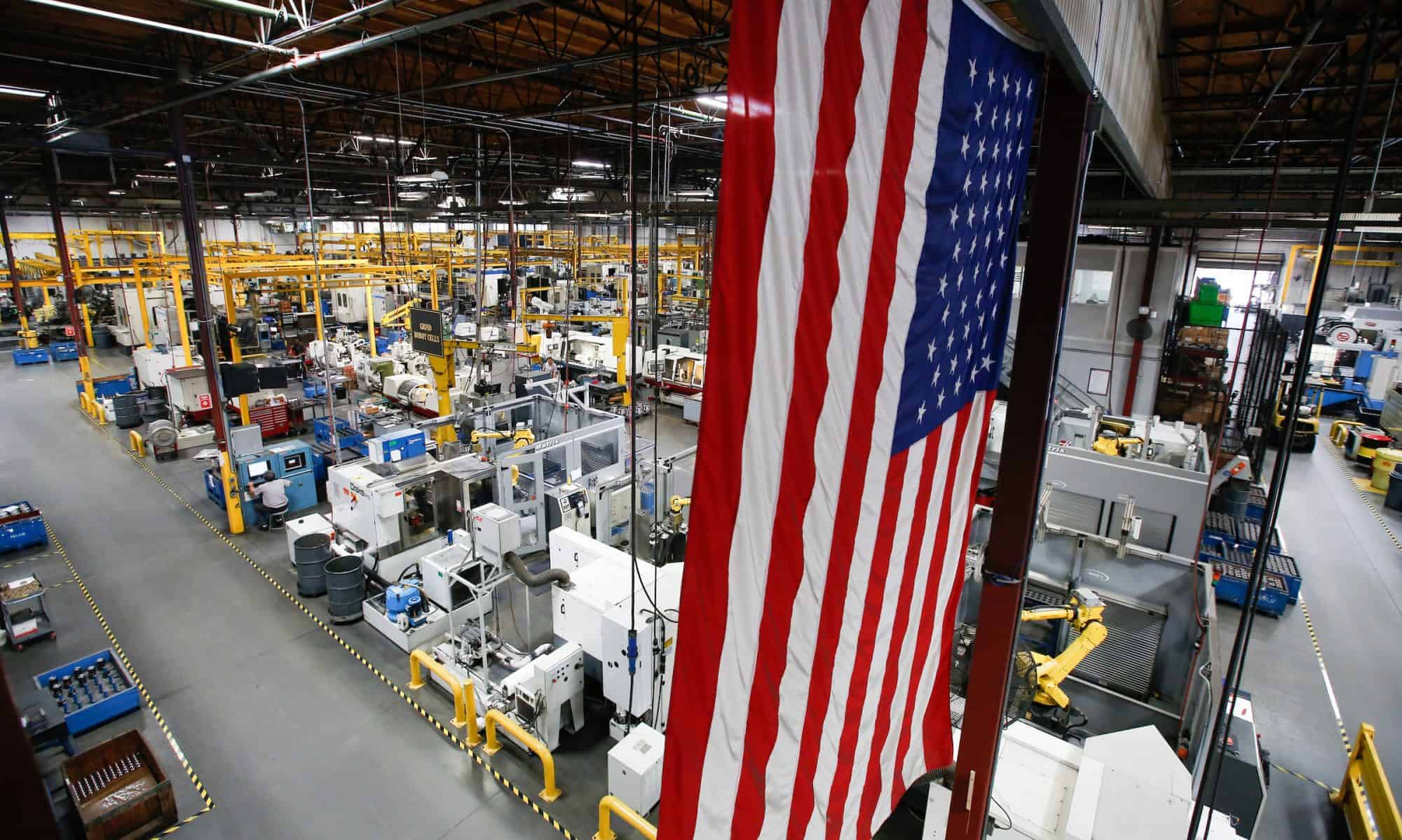
Biden's Bold Move: Supercharging American Manufacturing with Streamlined Permits and Resource Boost
2025-03-21 22:49:52
Manufacturing

Manufacturing Renaissance: Connecticut's Top Officer Plots Industrial Comeback
2025-04-30 15:51:37
Manufacturing
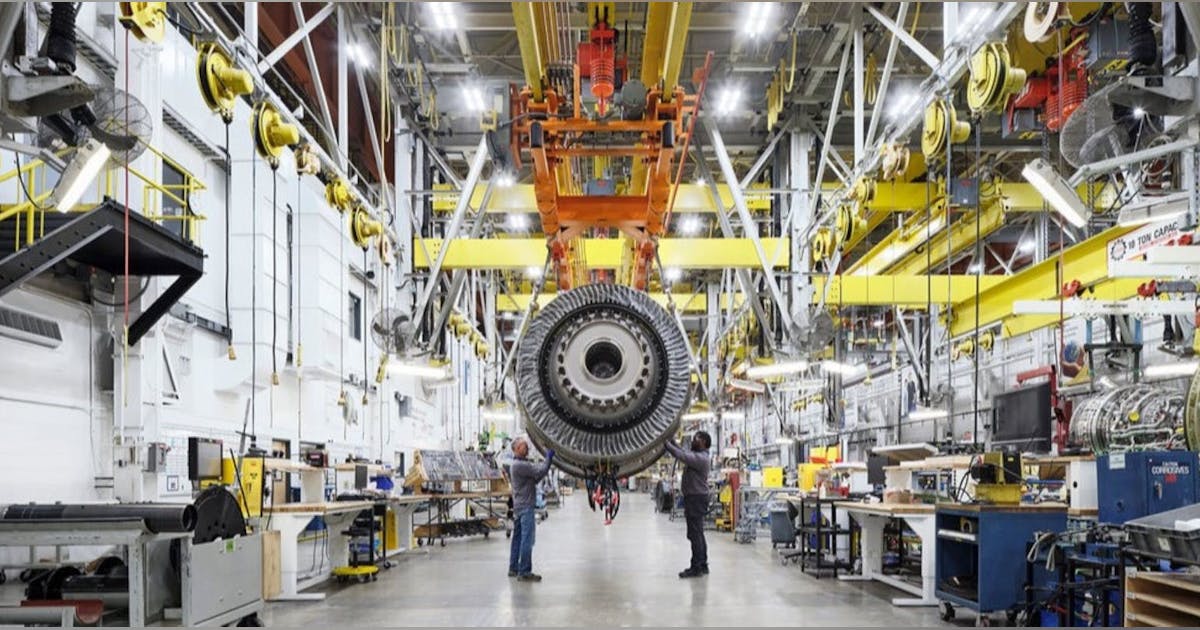
Powering Progress: GE's Billion-Dollar Manufacturing Makeover Signals Industrial Renaissance
2025-03-21 00:00:00




